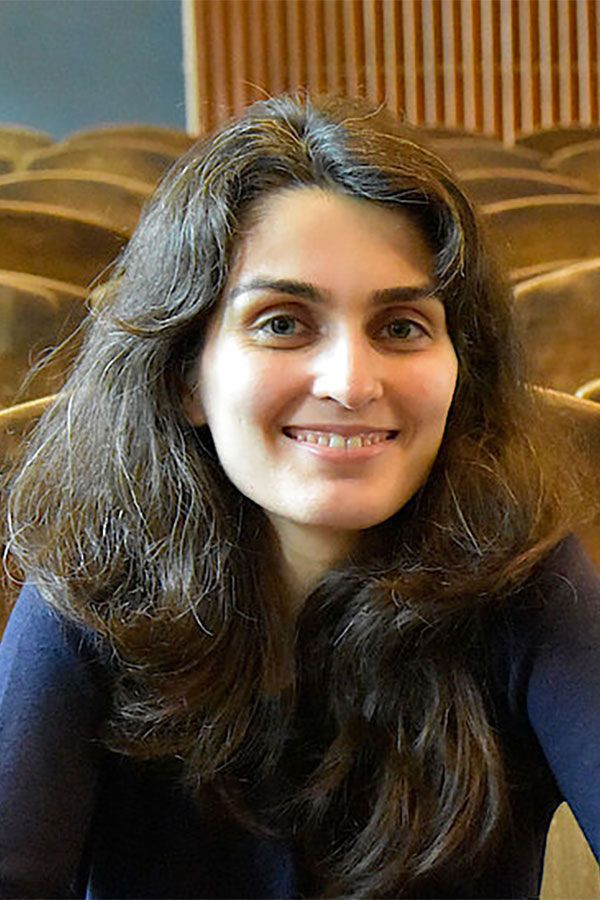Prof. Dr.-Ing. Setareh Maghsudi
Professor
Address:
Ruhr-University Bochum
Faculty for Electrical Engineering and Information Technology
Learning technical Systems
Building ID, Postbox 4
Universitätsstraße 150
D-44801 Bochum
Room:
ID 2/469
Phone:
(+49)(0)234 / 32 - 12777
E-Mail:
setareh.maghsudi(at)rub.de
Website
www.etit.ruhr-uni-bochum.de/en/lts/'
0000-0002-0647-611X
Curriculum Vitae
| Since 08.2023 | Professor, Ruhr-University Bochum - Faculty of Electrical Engineering and Information Technology |
| 2020 - 2023 | Assistant Professor, University of Tübingen - Department of Informatics |
| 2019 | Post-doctoral Fellow, Kyushu University - Department of Informatics |
| 2017 - 2020 | Assitant Professor, Technical University of Berlin - Faculty of Electrical Engineering and Computer Science |
| 2016 - 2017 | Post-doctoral Fellow, Yale University - School of Engineering and Applied Science |
| 2015 - 2016 | Post-doctoral Associate, University of Manitoba - Department of Electrical and Computer Engineering |
| 2011 - 2015 | Ph.D. Student and Postdoc, Technical University of Berlin - Faculty of Electrical Engineering and Computer Science |
| 2008 - 2010 | M.Sc. Student, Kiel University - Faculty of Engineering |
